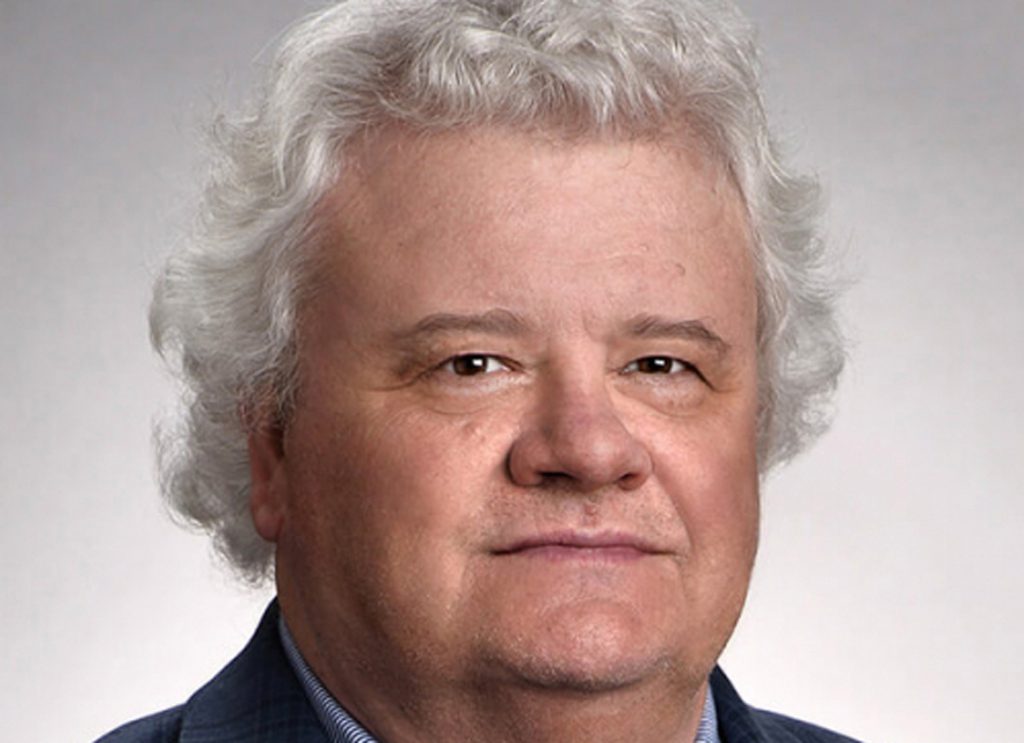Pat Brown, the director of The Racing and Gaming Conference at Saratoga, knows what makes an agenda tick. He has seen his fair share of seemingly endless Power Points, glazed-over eyes and the attendees that surf the Internet in an attempt to multitask. The best way to combat the conference malaise? Just a healthy dose of fun.
“I've spent over 40 years of in and out of government, thinking about and writing about the gaming and horse racing industry,” said Brown, a former advisor to New York's Governor Mario Cuomo and an attorney that lives just south of Albany. “I want everyone to come away from this conference having learned something interesting, but most of all, I want them to have fun.”
As the director of the what will be the third installment of this hybrid conference that will be held at the Hilton in Saratoga Springs, New York from Aug. 14-16, Brown and his planning committee have put forth yet another stellar card. Once again, those in attendance will take in cutting-edge topics under the umbrella of racing and gaming with an ambitious schedule just out this week.
This year's slate runs the gambit when it comes to angles and there is something for everyone that is interested in the intersection between these two worlds. “We've got something for lawyers, thorny issues, where the little guy fits in and how technology shapes and impacts the racetrack and the casino,” said Brown.
After an opening reception at the Adelphi Hotel on Monday, Aug. 14, the conference shifts into high gear Tuesday with experts that will speak on the following topics:
- New York Casino Expansion to New York City and Surrounding Counties: Is the Finish Line in Sight?
- Consolidation of Gaming: Status and Implications
- Tribal Digital Gaming: Has the Moment Finally Arrived?
- Technology and Gaming: New Challenges, New Solutions
- The Implications of Exclusion for Racetracks and Casinos
- Consumer Protections and the Federalization of Gaming
“We want this conference to not be so New York-centric,” said Brown. “The way you do that is by thinking broadly and topics like tribal gaming, regulatory issues and legal questions like exclusion, are all applicable across state lines.”
Sandwiched within day one is a lunch lineup which includes an address by Stacie Clark Rogers of the Thoroughbred Aftercare Alliance and a keynote delivered by Joe Asher, President of IGT Sports Betting. “Joe's is coming to keep us energized, entertained because I think lunch needs to give everyone a break from the conference,” Brown said.
On day two, the conference concludes with four sessions that deal with aspects of racing and wagering, including:
- Harness Racing: An Industry in Decline–or in Transformation?
- Historical Horse Racing Machines: The Tail Wagging the Horse?
- HISA–Legal Limbo and Regulatory Reluctance
- Racing's Changing Customer Base, CRWs and the Future of Betting
Each of these hot-button issues draw from an arc of past precedent and are extremely significant to the future of the horse racing industry. “Not everything is about Thoroughbreds,” said Brown, who has also owned shares in racehorses. “We want to expand the vision to harness racing because it has much to teach us about statutory issues concerning aspects like the minimum number of race days.”
Brown knows that a panel concerning HISA is important, but he wanted to find a way to zero in on something specific. How state regulators are handling the current situation seemed appropriate. He also understands that conference attendees will be particularly keen to hear about the impact of Historical Horse Racing Machines and the power behind Computerized Robotic Wagering groups. “I have no doubt that those sessions will generate some interesting questions and debate, especially when everyone is talking about the impact on track handle,” said Brown.
Wrapping up the conference, some 50 attendees who purchase tickets will have the opportunity to take in the Saratoga meet along The Spa Veranda. Pat Brown's idea of fun, indeed.
Click here for more information concerning registration and hotel information for The Racing & Gaming Conference at Saratoga.
The post Agenda Set For 3rd Annual Racing & Gaming Conference At Saratoga appeared first on TDN | Thoroughbred Daily News | Horse Racing News, Results and Video | Thoroughbred Breeding and Auctions.

